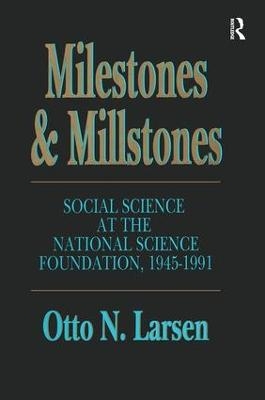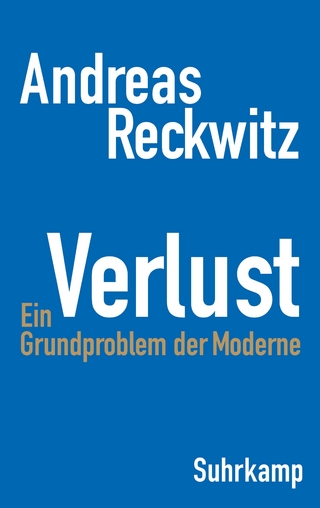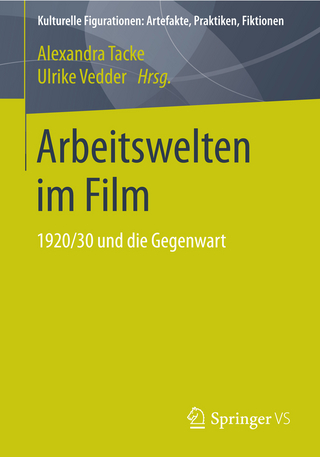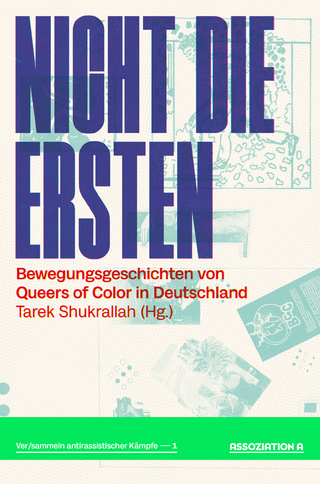
Milestones and Millstones
Social Science at the National Science Foundation 1945-1991
Seiten
2018
Routledge (Verlag)
978-1-138-51211-5 (ISBN)
Routledge (Verlag)
978-1-138-51211-5 (ISBN)
From the 1960s onwards, the clothing industry in the Netherlands and elsewhere in the European Union, experienced a deep crisis. Numerous went bankrupt and, even more so, workers lost their jobs. Imports from low wage countries started providing the bulk of retailers' collections. In the high wage economy of the Netherlands there seemed to be no more room for labour intensive industry such as clothing.However, in the 1980s a surprising development took place. In Amsterdam, a substantial number of new small clothing firms were established, focusing on short-cycle fashion production. Most of these firms were run by Turkish immigrants. During the 1990s, most of these firms disappeared again. At the same time the pattern of imports changed as well, with nearby countries in the Mediterranean region and Eastern Europe increasing their share of the fashionable clothing market. Migration and fashion played an important role in these processes.In this study, Stephan Raes analyses these developments and tries to explain why they occurred. He offers an elaborate multilevel theoretical framework to deal with the changes in the spatial organization of clothing supply. His analysis shows how large retailers have become the most powerful players in the Dutch clothing sector, and how the changes in the spatial pattern of clothing supply have to be understood against the changing logistics of their sourcing. The study takes us from the history of the Dutch clothing industry in the 19th century, to the detailed description of migrants entrepreneurs in the sector, and the changes in trade patterns. It focuses on the interaction of retailers with other actors in the sector, such as suppliers, consumers and governments. Finally, it takes places these developments against the background of transformations in the political economy of the Netherlands and Turkey.
Otto N. Larsen
1. Quest for Inclusion, 2. Research Allocations and Status Indicators, 3. The 1950s: Convergence and Inchmeal Expansion,4. The 1960s: Commitment to Basic, Tilt toward Applied, 5. The 1970s: Relevance, RANN, Reorganization, 6. The 1980s: Threat, Unity, Priorities, 7. The 1990s: Continuities in Contested Legitimacy, 8. From Hollow to Endless Frontiers.
| Erscheinungsdatum | 19.02.2018 |
|---|---|
| Verlagsort | London |
| Sprache | englisch |
| Maße | 152 x 229 mm |
| Gewicht | 453 g |
| Themenwelt | Sozialwissenschaften ► Soziologie |
| ISBN-10 | 1-138-51211-7 / 1138512117 |
| ISBN-13 | 978-1-138-51211-5 / 9781138512115 |
| Zustand | Neuware |
| Informationen gemäß Produktsicherheitsverordnung (GPSR) | |
| Haben Sie eine Frage zum Produkt? |
Mehr entdecken
aus dem Bereich
aus dem Bereich
Ein Grundproblem der Moderne | Die erste umfassende Studie zum …
Buch | Hardcover (2024)
Suhrkamp (Verlag)
32,00 €
1920/30 und die Gegenwart
Buch | Softcover (2024)
Springer Fachmedien (Verlag)
34,99 €
Bewegungsgeschichten von Queers of Color in Deutschland
Buch | Softcover (2024)
Assoziation A (Verlag)
18,00 €


